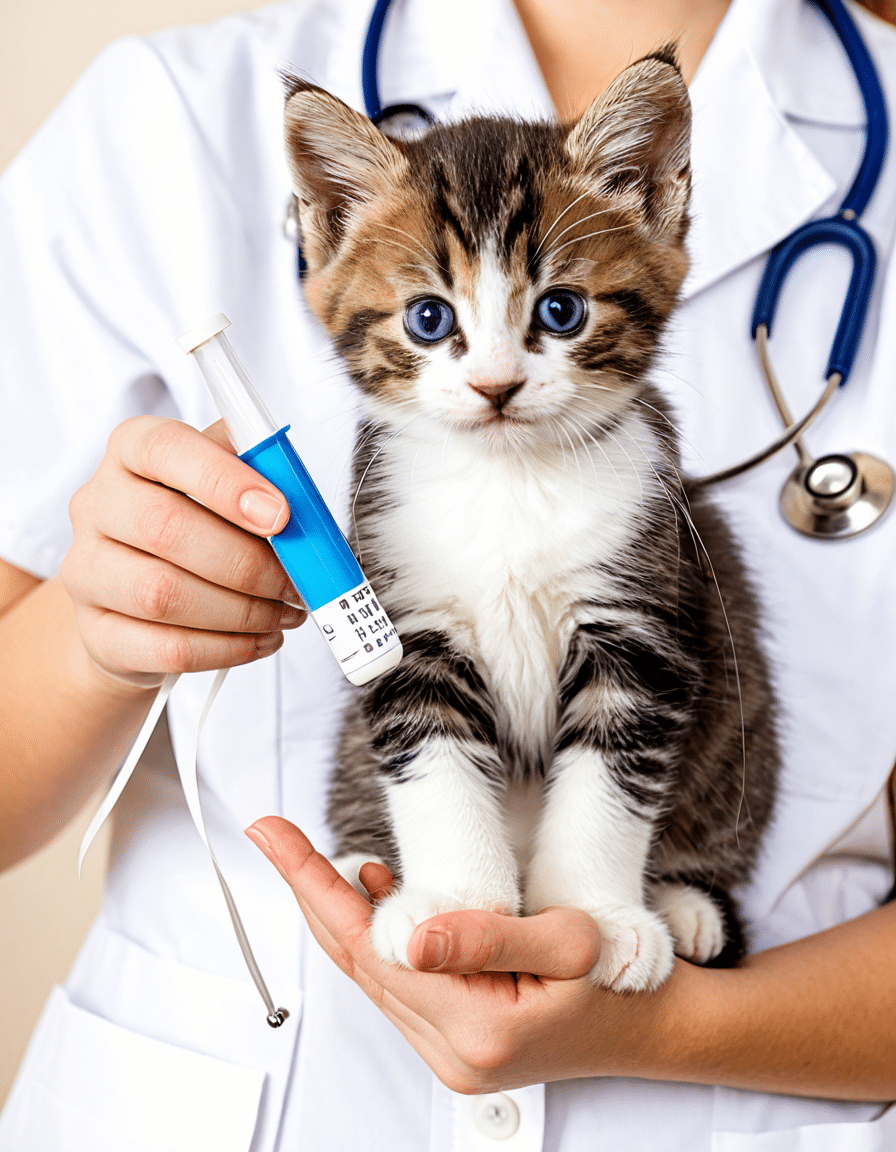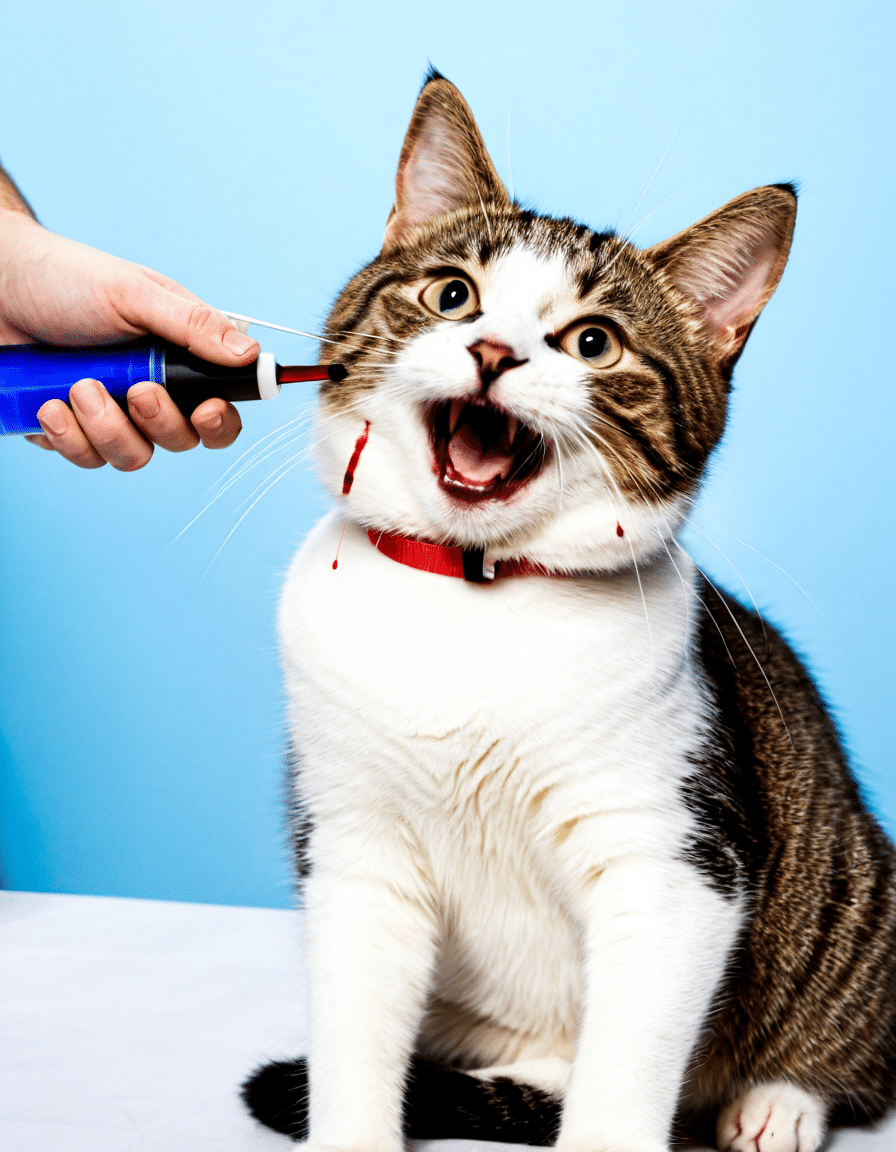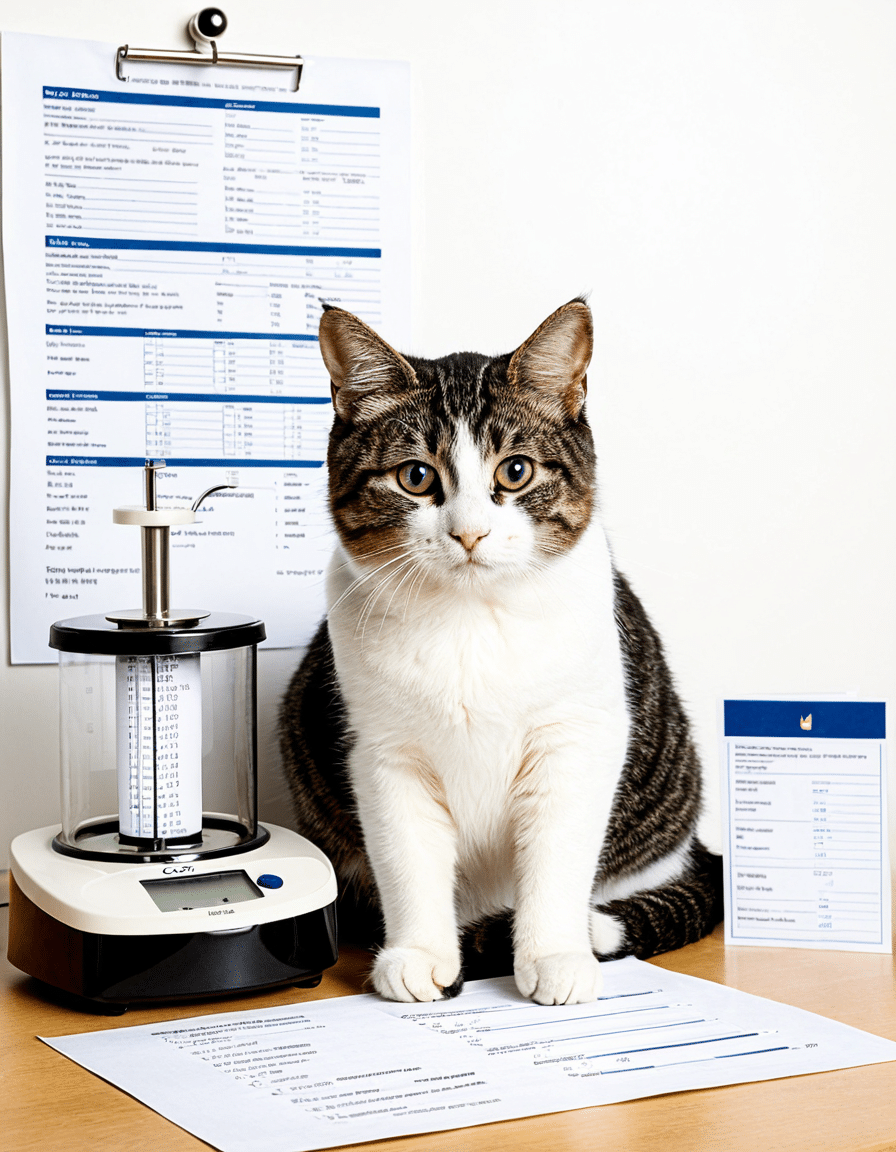Understanding the cat titer test requirements is crucial for ensuring the health and safety of your feline companion. This is especially true if you’re planning to travel or engage in social activities with other pets. A titer test measures the levels of antibodies in your cat’s blood, which indicates whether they have sufficient immunity against certain infectious diseases. This examination provides valuable insights into your cat’s health status, helping you make informed decisions about their care.
## Cat Titer Test Requirements Every Owner Should Know
1. Understanding What a Cat Titer Test Is
A cat titer test is essentially a blood test. It assesses the presence and levels of antibodies against specific pathogens. The most commonly tested antibodies include those for feline panleukopenia, calicivirus, and rabies. These tests help determine if revaccination is necessary or if your cat is adequately protected. For example, several veterinary practices offer titer tests to gauge immunity, allowing owners to avoid unnecessary vaccinations.
2. Veterinary Guidance is Essential
Before making a decision on whether to get a titer test or opt for traditional vaccinations, consult your veterinarian. They can explain the pros and cons of each option based on your cat’s health and local regulations. Some veterinarians insist that conventional vaccinations are still necessary, while others may support a titer test as a viable alternative. Having an ongoing dialogue with your vet can lead to useful insights about your pet’s specific health needs.
3. Frequency of Testing
How often you should test your cat largely depends on their age, health status, and vaccination history. Generally, titer tests are recommended every 1 to 3 years. Cats that have been vaccinated regularly may require less frequent testing compared to newly adopted or at-risk cats. For instance, if you recently adopted a stray or an older cat, more frequent testing is a wise choice. Keeping track of these timelines can be a simple way to remain proactive about your cat’s health.
4. Interpreting Test Results
Interpreting the results of a titer test can be tricky. A high titer level means that your cat has sufficient immunity, while a low level may suggest the need for revaccination. It’s crucial to thoroughly review test outcomes with your veterinarian to decide on the next steps. Always pay attention to their professional evaluations; these discussions can help you implement a solid health plan for your furry friend.
5. Documenting Test Results
Maintaining accurate records of your cat’s titer tests and vaccination history is essential. This documentation becomes particularly important if you plan to travel or enroll your cat in daycare. Many facilities may require proof of vaccinations, and a titer test can often substitute for certain required vaccinations. An organized record can save you time and stress, especially in emergency situations.

Impact of Cat Titer Tests on Exotic Breeds: The Serval Cat’s Unique Considerations
While the general cat titer test requirements apply to all breeds, exotic breeds like the serval cat have unique considerations. Known for their incredible agility, servals can reach a maximum run speed of up to 50 miles per hour. Consequently, their care and health checks should be meticulous, considering their distinct needs. Owners of servals should ensure that their health records, including titer tests, are thorough and up-to-date, particularly to comply with specific exotic pet regulations.
The complex regulations governing exotic pets often require additional scrutiny. Not only should you be aware of the standard vaccinations, but also the particular pathogen threats that could affect these cats. Hence, being informed about titer tests becomes even more crucial for owners of exotic breeds.
Integrating Knowledge: The Link Between Titer Tests and Overall Pet Care
Understanding your pet’s health isn’t limited to just titer tests; it’s part of a broader picture. Knowledge about other health metrics, such as a dog’s platelet manual count, is equally significant. For instance, while dog owners might closely monitor platelet counts to detect health issues, cat owners should equally value insights from titer tests. This integrated approach helps you make well-rounded decisions that cover various aspects of your pet’s well-being.
Additionally, keeping an eye on general veterinary care practices, such as utilizing resources like a Welsh Corgi breakdown size chart, can inform you of disparities across different breeds. For cat owners, understanding health metrics in a comprehensive way can lead to better insights into their pets’ overall wellness.

Engaging with Your Veterinarian for Optimal Care Plans
Engaging in ongoing conversations with your veterinarian can greatly enhance your understanding of your cat’s unique needs. Discuss implications of titer tests regarding travel, boarding, or overall health regimens, and ask questions that delve deeper into their health plans. This dialogue can lead to personalized care strategies tailored to keep your cat healthy and vibrant throughout their life.
Conclusion
Being informed about cat titer test requirements is an essential part of responsible pet ownership. By understanding the implications of these tests, discussing them with your veterinarian, and keeping detailed health records, you enhance your cat’s quality of life while ensuring they are protected against infectious diseases. Awareness and proactive care empower pet owners to make impactful choices, allowing you to enjoy every moment with your feline friend.
Ultimately, keeping up with titer test requirements is not just a precaution—it’s a commitment to the lifelong health and happiness of your beloved cat.
Cat Titer Test Requirements Every Owner Should Know
Understanding Titer Testing
Did you know that a cat titer test measures your feline’s immunity to certain diseases? This test evaluates the level of antibodies present in your cat’s blood, which is super important for vaccination history check-ups. Unlike a routine vaccination, titer tests can provide peace of mind that your furry friend has sufficient immunity, sparing them from unnecessary shots. Speaking of health, if you ever find yourself curious about the life span Of Maltese dogs, you might notice several similarities when it comes to health management across various breeds. Maintaining optimal health is a shared journey for all pet owners.
Requirements for Testing
When you’re considering the cat titer test requirements, it’s worth noting that your veterinarian must perform this test. Finding a vet who knows their stuff can be crucial, especially if you’re faced with situations requiring proof of immunity—like international travel. Some people even compare the reliability of these tests to the excitement seen in a sports match, like the Lakers vs. Portland Trail Blazers game stats that fanatics dissect for every little detail. Likewise, knowing your cat’s immunity is vital in keeping them safe and healthy on their adventures, especially those involving travel.
The Bottom Line on Titer Tests
Ultimately, it’s about balance and knowing when a test is necessary. For example, some cat owners might even weigh their options against adopting unique pets like Toads For sale that also require consideration in terms of health and care. Each species needs its tailored approach—whether it’s checking your cat’s immunity or learning about different pets entirely, like the popularity of a short-haired GSD. So, keeping a sharp eye on your cat’s health with titer testing not only saves money but often leads to a longer life for your cherished companion. If there’s anything that’s universally acknowledged, it’s that every pet owners’ goal is to provide the best life possible for their furry friends!



